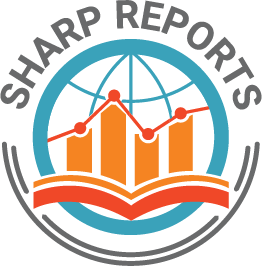- The firms have offered to sell off one of their highspeed train technologies to resolve EU antitrust concerns over their plan to produce a Franco-German rail champion.
- The proposal also includes selling a sizable portion of Alstom’s European signaling business.
Siemens AG, a German automation company, and Alstom SA, a French rail transport company, have reportedly offered to sell off either one of their respective highspeed train technologies to quell EU antitrust concerns over their plans to establish a Franco-German rail champion.
Reports cite, some other aspects of the two firms’ proposal to the European Commission include the sale of a sizable portion of the French rail company’s signaling business in Europe along with some of Siemens’ signaling assets.
According to a report by Rail Technology Magazine, the German & French firms submitted their proposal to the European Commission recently in an attempt to curb rising concerns from industry rivals & the commission that the proposed merger would be adversely impacting competition in the sector.
Sources familiar with the matter claim, the two companies have proposed to divest in either Siemens’ Velaro Novo platform or Alstom’s Pendolino platform to address the competition concerns.
Alstom’s Pendolino platform, which reportedly incorporates a tilting technology which allows for less breaking before bends in the rail, is specifically developed for highspeed & conventional lines. The Pendolino trains have reportedly been sold to about 12 operators across 12 different nations. Reportedly, the Velaro Novo highspeed trains by Siemens would be entering service in 2023.
The proposal reportedly incorporates a five-year license deal to conduct sales of the trains in Europe. The signaling assets that are on offer include three quarters of the French rail firm’s signaling business in Europe. Moreover, the package also includes signaling for conventional trains, mainline trains & urban transport.
The European Commission has reportedly given customers & rivals a week’s time to submit their feedback. Negative responses could prompt the commission to ask for more concessions from both the firms before when it makes a ruling on February 18.



